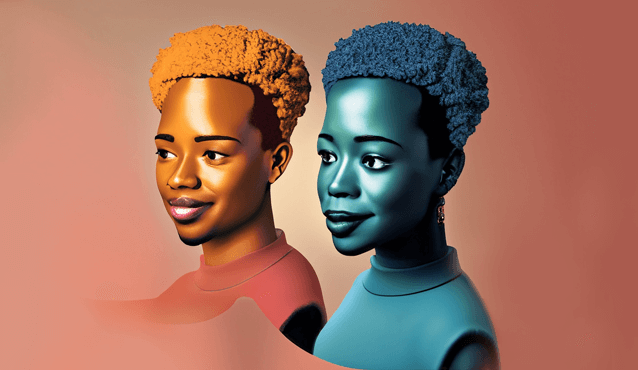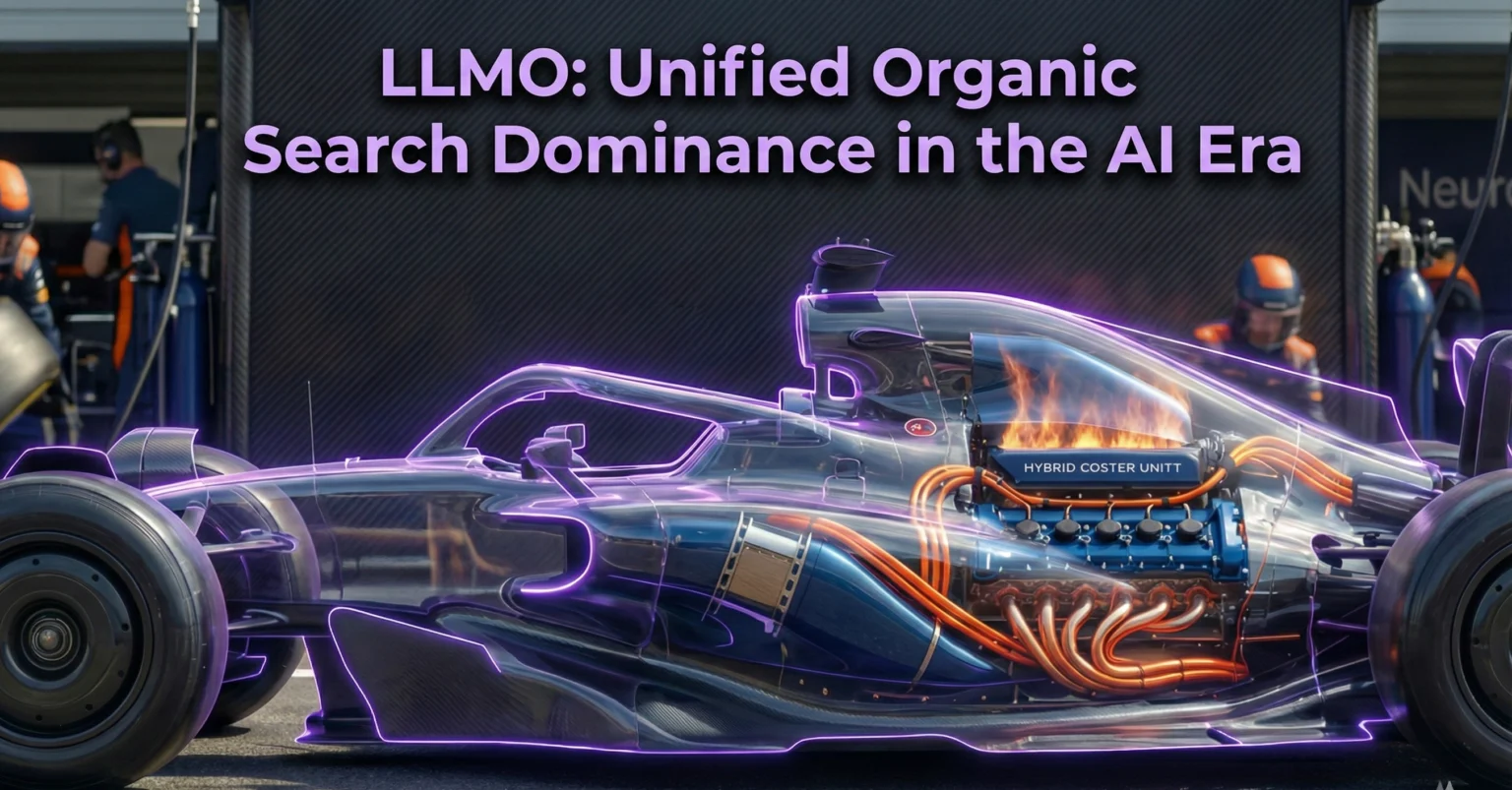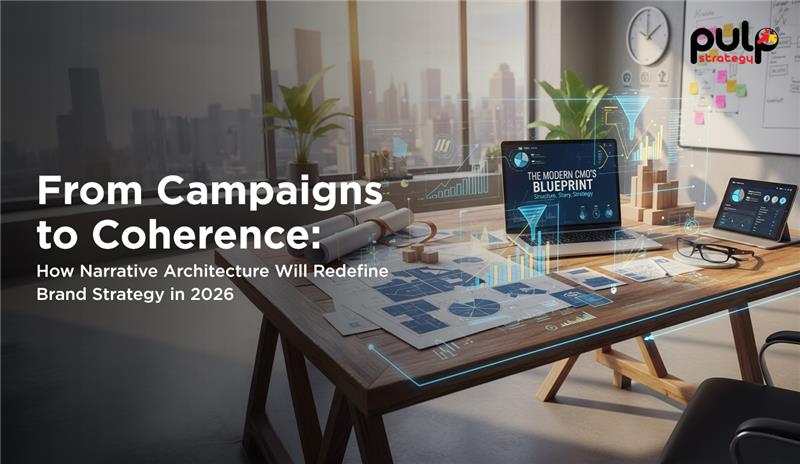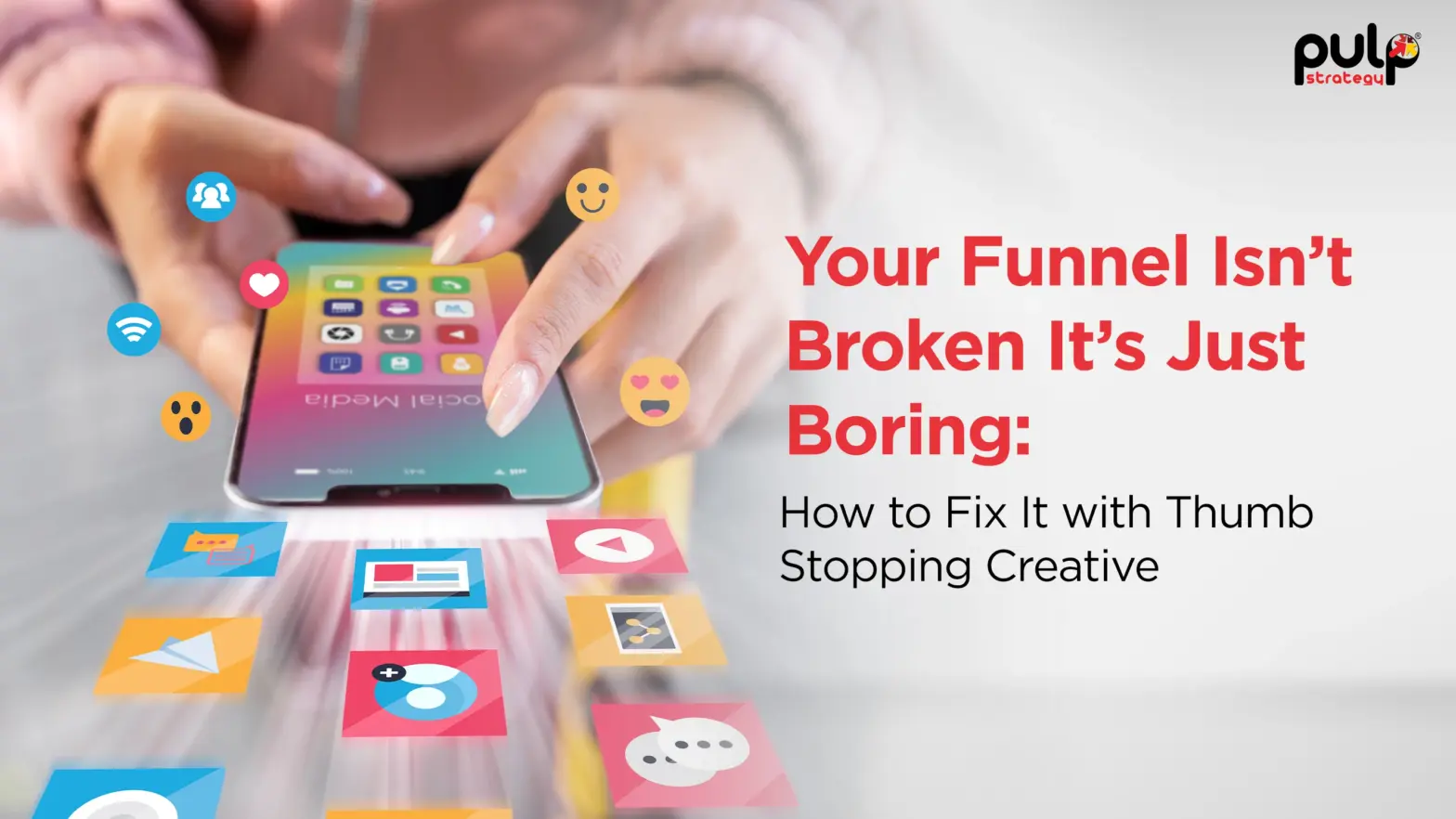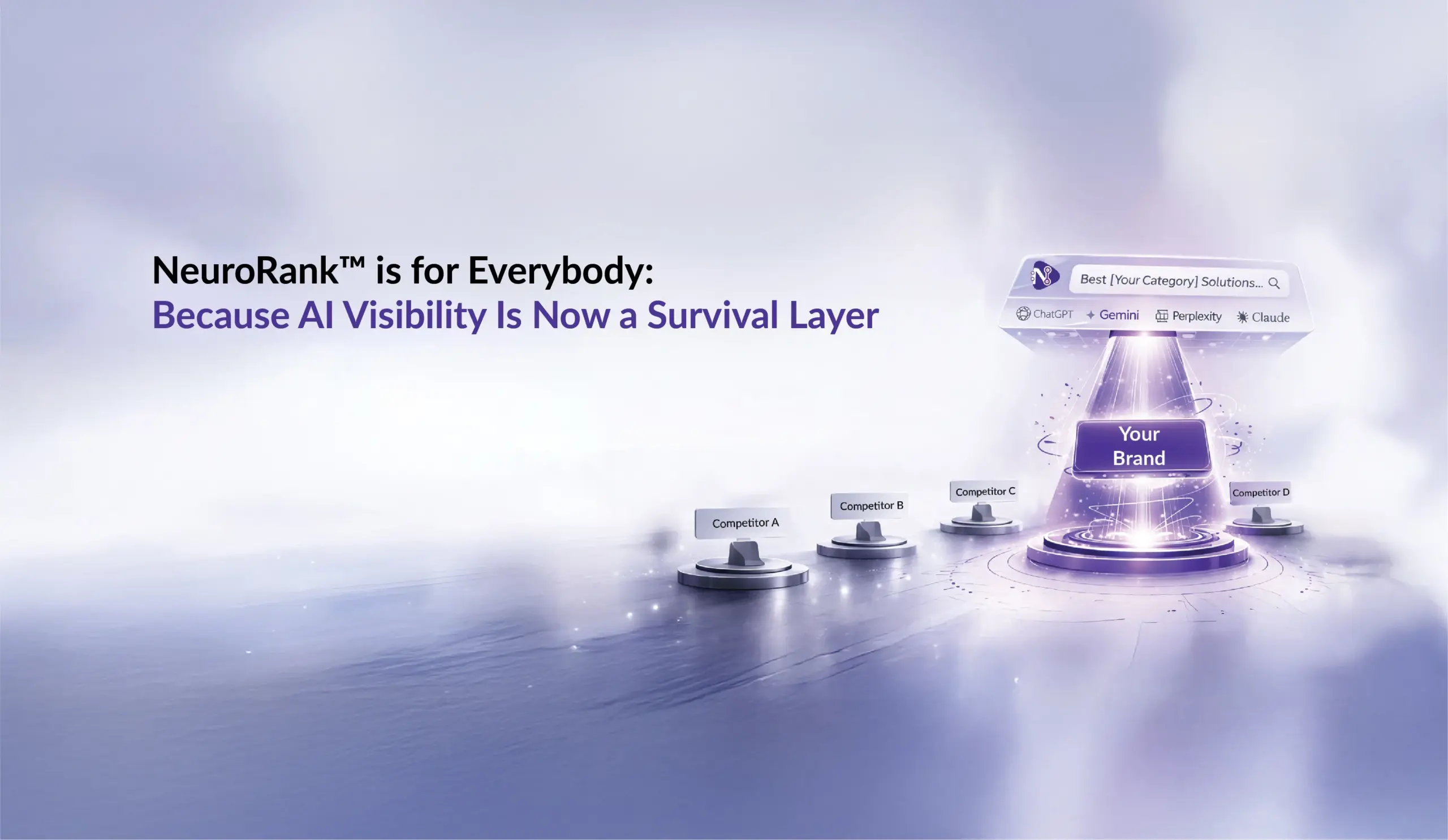Virtual influencers and AI brand mascots are reshaping the marketing landscape by providing new ways for brands to engage with their audience. Are they the future of influencer marketing?
- What if you want to maintain a consistent brand image and messaging as the real-life influencers do?
- What if you need a customized image and personality for a campaign to make it versatile for various marketing strategies?
- What if you want to have full control over the brand promotion and avoid any PR mishaps or negative associations?
All such queries and many more need optimized answers in the form of AI brand mascots and virtual influencers.
Virtual influencers and AI brand mascots are reshaping authenticity in influencer marketing, leading to creative possibilities that were previously unattainable. They represent a unique form of authenticity that aligns with the digital age and the evolving expectations of consumers. It is indeed beneficial for influencer marketing campaigns and provides an authentic impact. Authenticity fosters trust, engagement, and positive relationships between brands and their audiences. Brands that prioritize authenticity are more likely to create meaningful and lasting connections with their customers through influencer marketing.
Viewpoint
The vital pointers on how AI and virtual influencers redefine authenticity are:
Virtual influencers and AI brand mascots represent a new era of hyper-personalization. These digital entities are created to cater specifically to the requirements and preferences of target audiences. They offer a unique form of authenticity by providing content and interactions that resonate deeply with individual consumers.
Unlike human influencers, who may have their own opinions and perspectives, virtual influencers and AI brand mascots deliver brand messages with pinpoint precision. This consistency in messaging can be seen as a form of authenticity because it ensures that consumers receive a clear and unwavering brand image.
Some examples include:
Lil Miquela, a virtual influencer created by the company Brud, gained significant popularity on social media platforms like Instagram. It led to global acceptance of virtual influencers in the fashion and beauty industry.
In 2021, the United Nations Development Programme (UNDP) appointed a humanoid robot named Sofia as its first-ever non-human innovation ambassador. This marked an acceptance of AI brand mascots for promoting social causes and creating awareness.
Companies like HDFC Bank in India have also integrated AI-powered mascots into their customer support systems to answer customer queries, assist with banking transactions, and provide information 24/7.
International Scenario
Some of the well-known brands have used virtual influencers. In 2020, IKEA (Scandinavia) collaborated with a virtual influencer named Imma (@imma.gram) for a campaign in Japan. Imma showcased IKEA's furniture in a virtual home, helping the brand reach a younger and more tech-savvy audience. Samsung (South Korea) also partnered with Lil Miquela (@lilmiquela), a well-known virtual influencer, to promote its products and technology.
Furthermore, Nike (America) has used virtual influencers in some of its campaigns to connect with the digital-savvy younger generation. These virtual influencers are often seen wearing Nike products and participating in fitness-related content. The luxury brand Cartier (France) also used a virtual influencer named Shudu (@shudu.gram) to showcase its jewellery and accessories in a campaign. Moreover, while Amazon (U.S.)itself may not have a virtual influencer, the company may have partnered with virtual influencers to promote products on its platform through sponsored content.
Indian Scenario
Virtual influencers and AI brand mascots have also started to gain attention and popularity in Indian marketing scenarios. "The appeal of virtual influencers lies in their ability to remain evergreen and consistent," says Ayush Wadhwa, founder of Owled Media. Virtual influencers may keep a consistent brand image unlike actual influencers who might age or alter over time, giving brands a dependable and long-term partnership.
A team in India developed the computer-generated character Kyra, who already has an impressive Instagram following. Sushant Sharma, brand manager for Indian audio product manufacturer boAt, claimed that online influencers like Kyra contribute to the development of companies in a "meaningful, distinctive, and salient" way. Mr Robert Godinho, managing director of MediaMonks in India shared that when you build a metaverse, you tend to create an ecosystem with a high level of retention.
Authenticity in influencer marketing has often been associated with transparency. While virtual influencers and AI brand mascots are not real people, brands have the opportunity to be transparent about their artificial nature. Being forthright about the use of AI can be seen as an authentic acknowledgement of technological advancements.
Virtual influencers allow brands to experiment with creativity in ways that human influencers cannot. These digital avatars can adopt great personas, engage in imaginative storytelling, and create content that blurs the line between reality and fiction. This expanded creative canvas can be seen as a new form of authenticity in storytelling.
AI-driven brand mascots can collect vast amounts of data and feedback from consumers. This information can be used to customize content and interactions, making them more relevant and engaging. From the consumer's perspective, this data-driven approach can be seen as authentic because it reflects their preferences and behaviors.
Virtual influencers and AI brand mascots are available 24/7, ensuring consistent engagement with audiences across different time zones and schedules. This reliability and consistency in interactions can be perceived as a form of authenticity, as consumers know what to expect whenever they engage with these digital entities.
Conclusion
While virtual influencers may not be "real" in the traditional sense, their ability to engage, entertain, and provide value to consumers can blur the line between what is authentic and what is not. As technology advances, these digital entities may become even more convincing, challenging our notions of authenticity.
Thus, virtual influencers and AI brand mascots are reshaping the marketing landscape by providing new ways for brands to engage with their audience. Moreover, they offer unique advantages in terms of control and scalability. Brands that embrace these technologies while maintaining transparency can strike a balance between the benefits of AI-driven marketing and maintaining trust with consumers. With Pulp Strategy, you can reshape the marketing landscape by providing newer ways for brands to engage with the audience.
